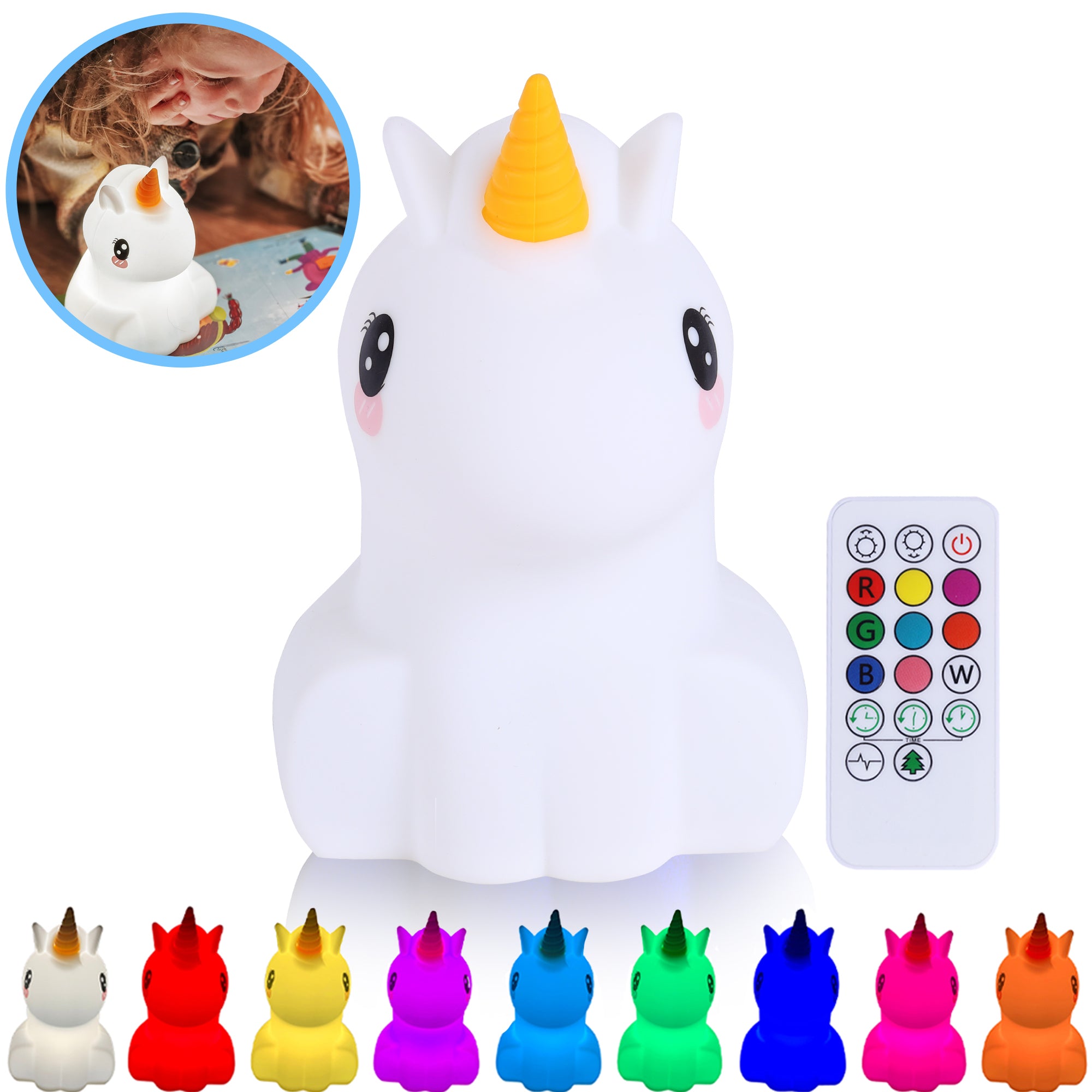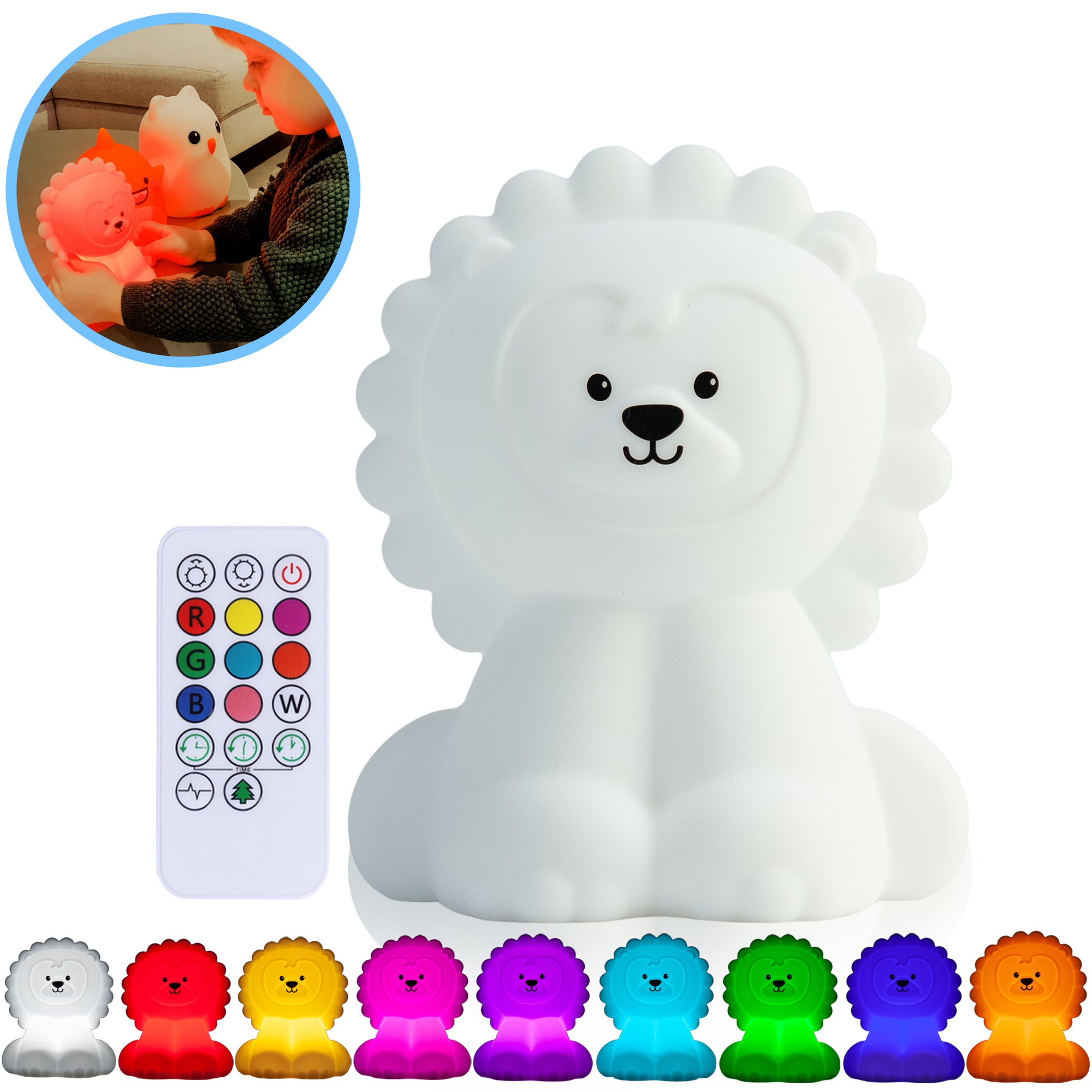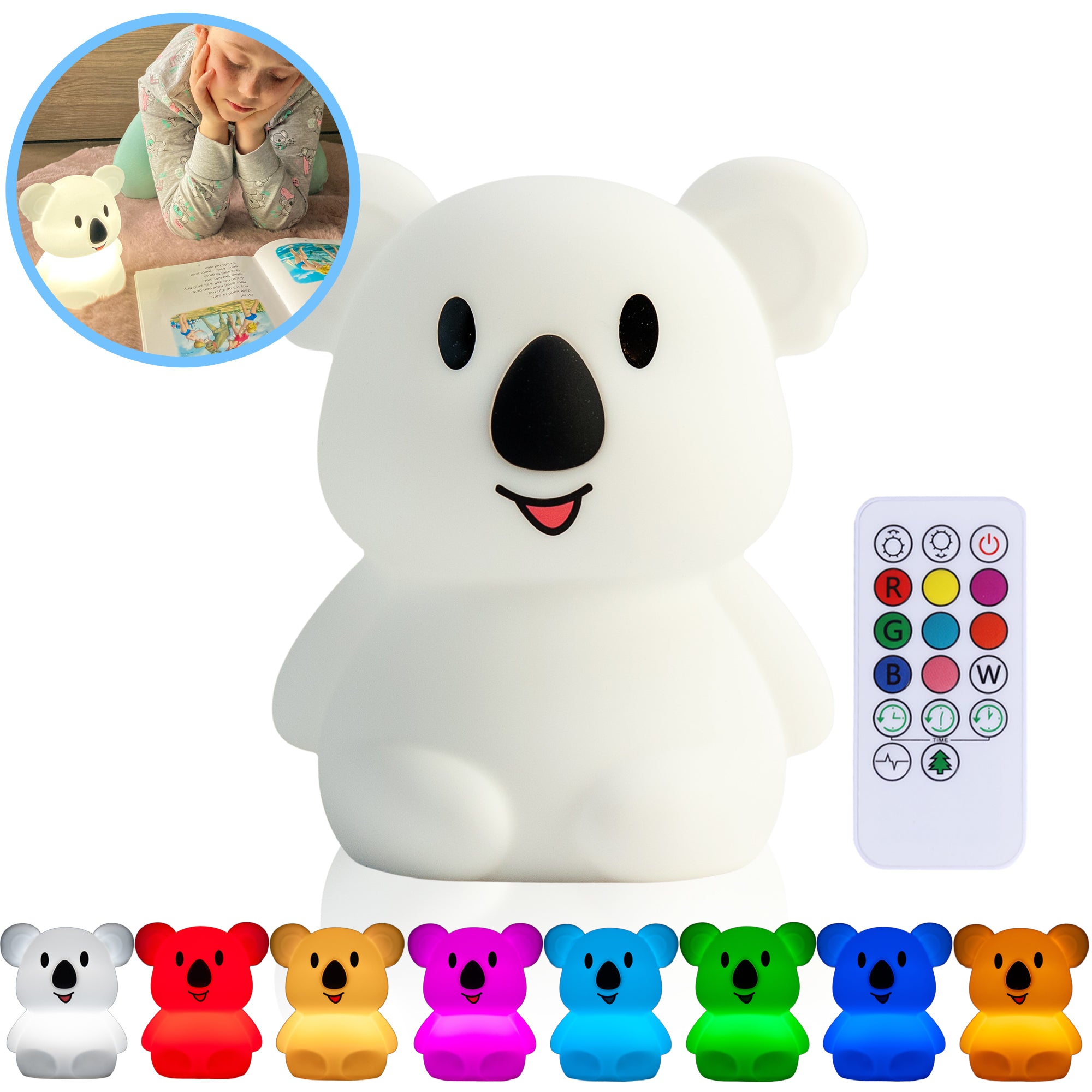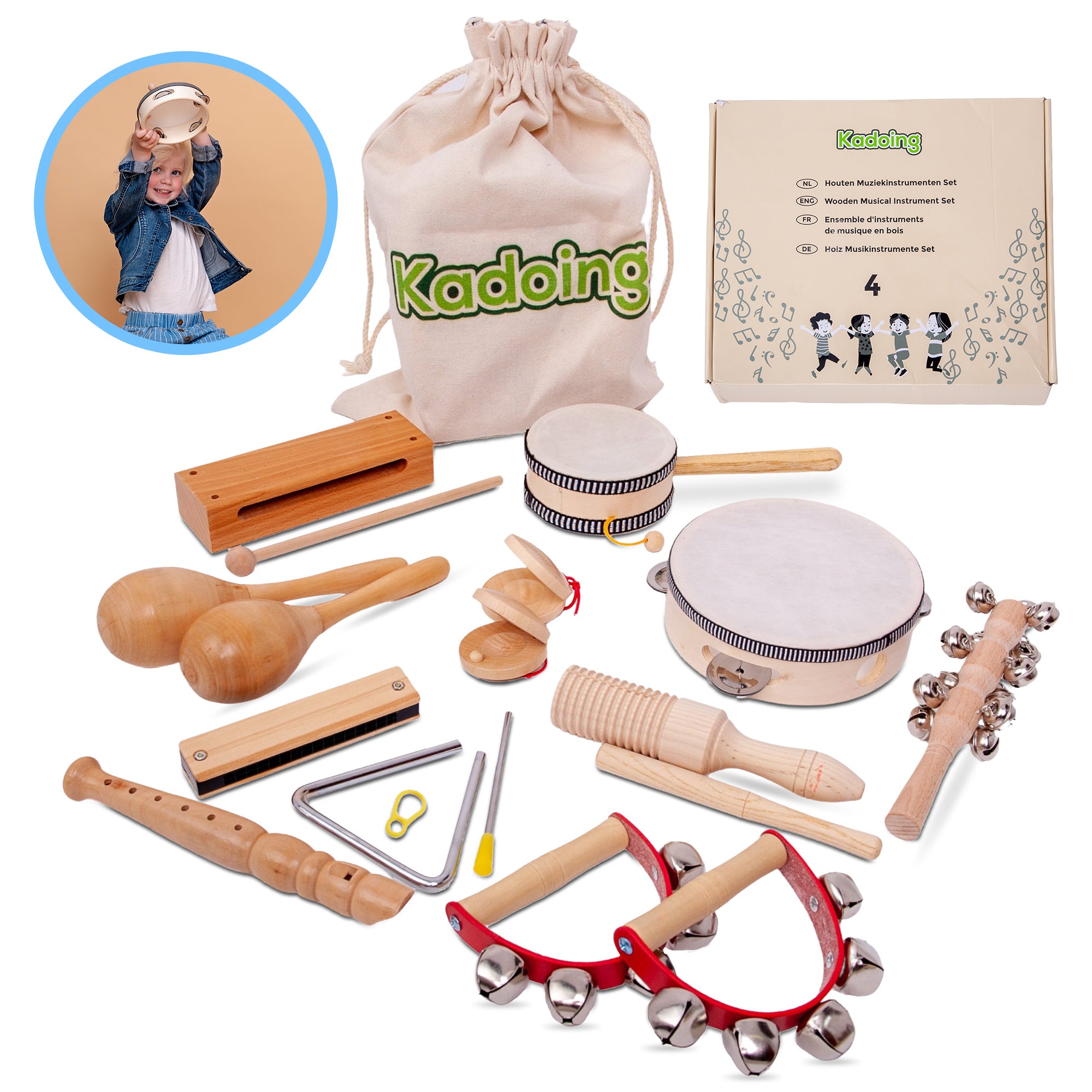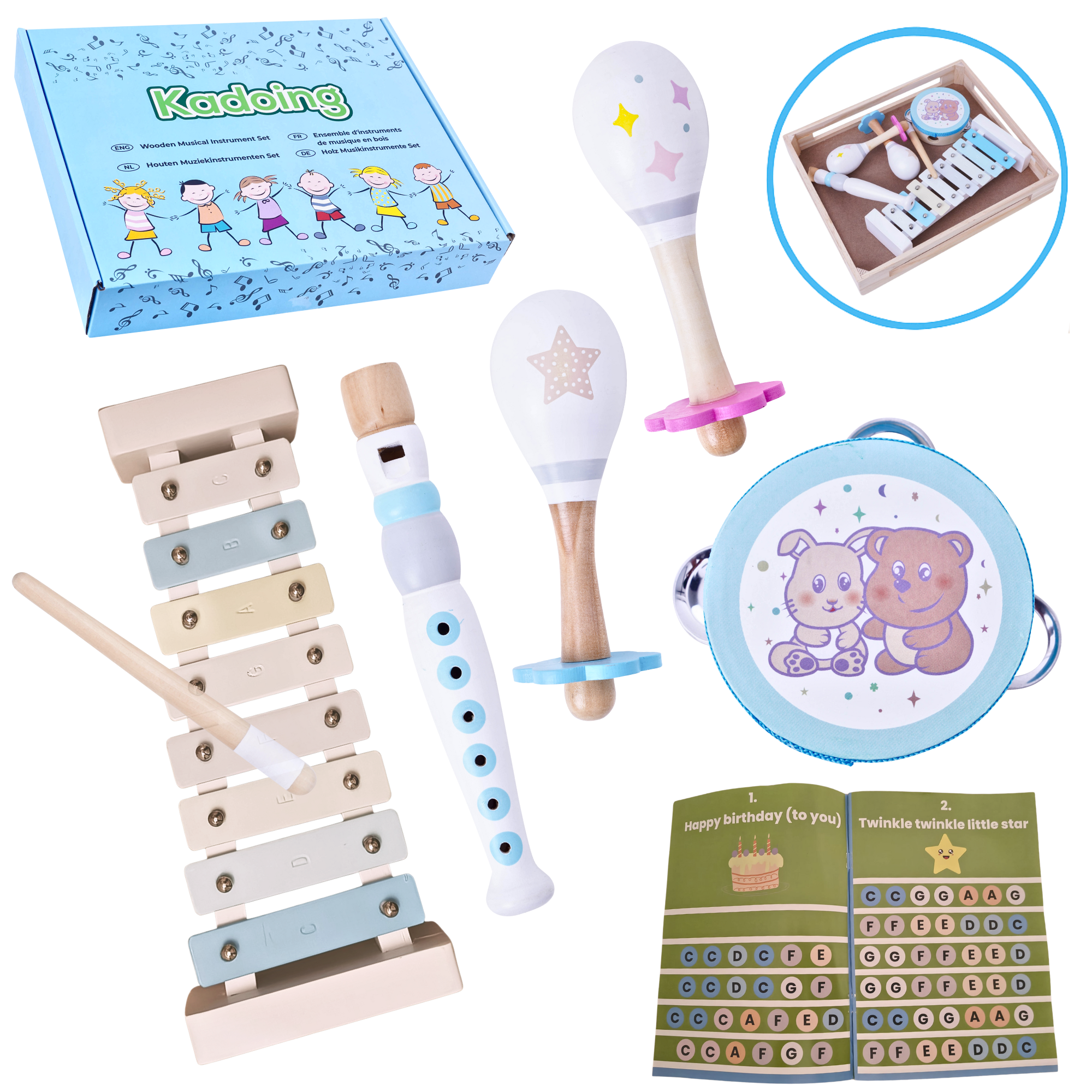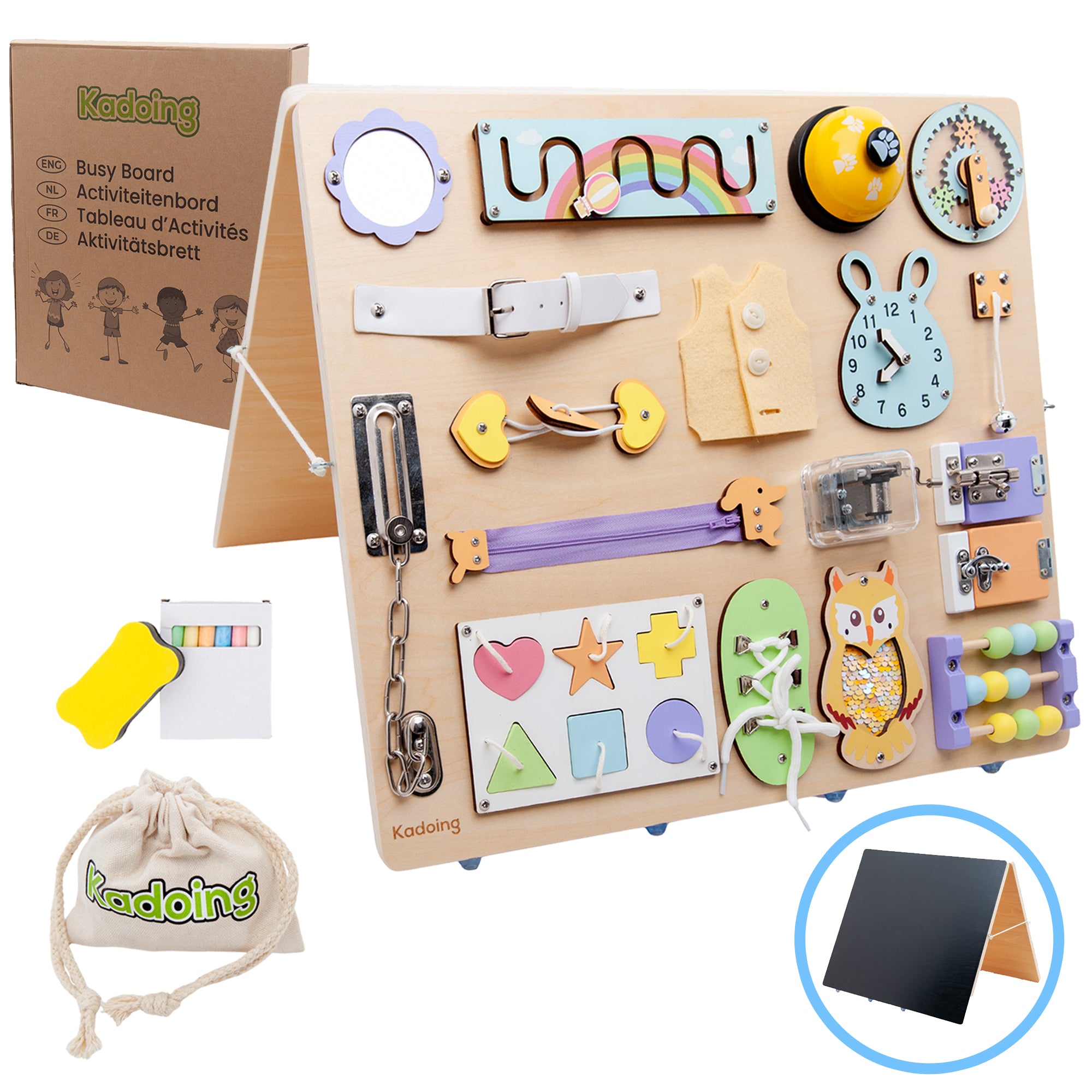A football match or an online game where you play against other players. Children engage in competitive activities in various ways. The goal? Beating peers of the same age. Because winning is fun. But what if your child loses? What can you as a parent do to promote the healthy aspects of competition while reducing possible negative effects? In this blog, we provide some tips.
The positive aspects of competition for my child
Occasionally participating in a match or tournament offers significant benefits for your child's development. Firstly, it teaches your child to deal with winning and losing. Mentally, accepting defeat and drawing lessons from it is a significant challenge. As humans, we prefer to maintain a positive self-image, and losing undermines that self-image. In addition to learning to handle victory and defeat, your little one also learns perseverance. They develop the ability not to give up in the face of adversity. If your child starts seeing losing a football game as a lesson, it fosters mental resilience and strength. Qualities that will come in handy later in life.
The challenges and risks of competition for my child
Through competitive activities, your child also faces risks because competition increases stress. This is very useful as it keeps your child alert and enhances focus. However, if your child cannot shake off the stress of the competition, it has adverse effects. It leads to constantly high stress levels, even when your child is not playing matches. For young children, prolonged high stress can lead to unhealthy perfectionism or fear of failure. Both are the result of a negative self-image and reinforce that effect. As a result, children may struggle academically or in daily life as they grow older. Additionally, fear of failure and unhealthy perfectionism negatively affect their interactions with others.
Below are 5 tips to promote healthy competition for your child
As a parent, you play a key role in promoting healthy competition. For example, cheering from the sidelines on Saturday afternoons during a football or judo match. How do you do that? Here are our tips.- Encourage positively: Children enjoy making their parents proud. During a match, and afterward, they love to show how good they are. By attending matches regularly, you strengthen the bond with your child, and such loyal support is good for morale and self-confidence.
- Reflect on the match without judgment: As a parent, you can be a mirror for your children. By asking about your child's experience without judgment, they learn how to deal with victory and defeat. There's nothing nicer than understanding after disappointment.
- Recognize signs of stress: If you learn to recognize the signs of stress (for example, if your child suddenly becomes very quiet or exhibits unusually hyperactive behavior), you can start a conversation with your child more quickly. This helps reduce prolonged stress.
- Shift the focus: If you notice that your little one's mind remains preoccupied after the match, divert their attention by doing something fun together. Sometimes, a healthy dose of distraction is the best remedy for stress.
- Encourage healthy competition: Of course, your child wants to win. But competition and sports are about much more than just winning. Enjoyment, teamwork, learning, and development. Encourage your child to have fun by minimizing the importance of winning or losing.




